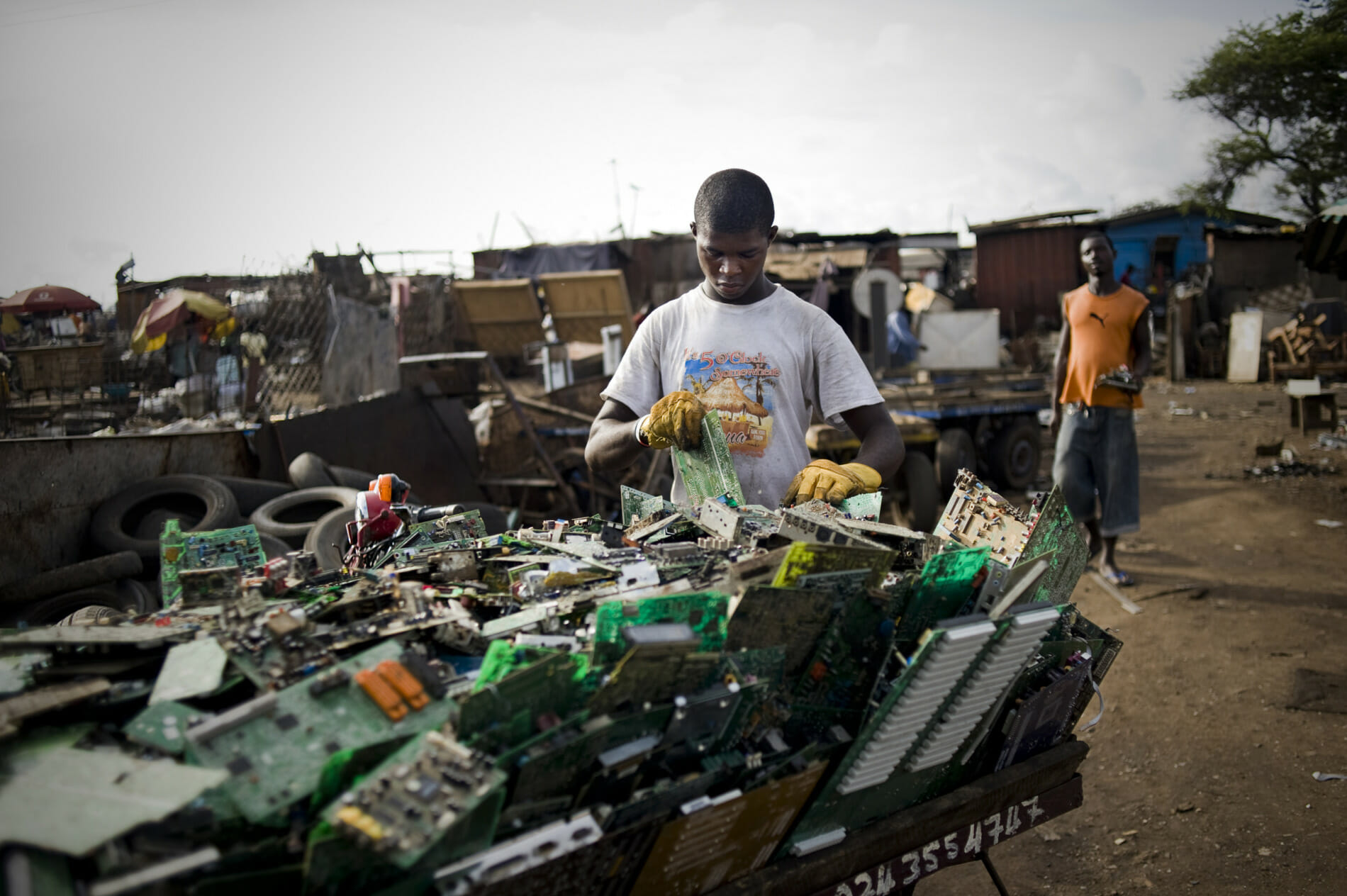Studies estimate that digital technologies already contribute between 1.4% to 5.9% of global greenhouse gas emissions. With the emergence of technologies such as cryptocurrencies, artificial intelligence (AI) and 5G networks, that figure is only expected to rise, even as global tech giants pledge to reach net zero within the next two decades.
We often ignore how polluting our dependency on technology is. If the Internet was a country, it would be the third largest consumer of electricity behind China and the USA (1500 TWH per year). By 2025, the global IT sector’s digital footprint is predicted to surpass the most polluting countries in the world.
To put the impact of our internet usage into perspective, this is what happens in the digital world every 60 seconds:
- 200 million emails exchanged
- 4.5 million videos viewed on YouTube
- 1 million Facebook connections
- 41.6 million messages sent via Messenger and WhatsApp
- 18.1 million text messages exchanged
- 18.1 million messages sent via Instagram
- 3.8 million Google searches
- $996,956 spent online
But why is this technology consumption polluting? There are two main factors contributing to tech’s colossal digital footprint: the manufacturing and shipping of products and devices, and the powering and cooling of tech infrastructure. The environmental impacts are thus twofold. On the manufacturing side, there is the extraction of rare non-renewable mining resources needed to produce electronic devices, while energy consumption is mainly related to the 24-hour, 365-day-a-year operation of the network and data centers.
Data centers consume a lot of electricity because of the concentration of equipment, their energy distribution system, energy reserves, the need for a powerful internet connection, generators, ventilation and cooling that has to be provided to keep the centers running. In fact, 40% of the electricity consumption of data centers is used only for cooling.
The environmental impact of an electronic devices is therefore not limited to the energy used to charge it, but also to the energy required to manufacture all its parts, as well as the energy required by a network and data centre to provide coverage 24 hours a day, 365 days a year.

Here are some tips for reducing your personal digital footprint:
- Use wifi instead of an internet connection via 4G, which has twenty times more impact in terms of energy use. Very high-speed communication technology via mobile networks places great demands on base stations.
- Use an ecological search engine such as Ecosia, as trees are one of the best solutions for absorbing our CO2 emissions. In fact, according to a study published in Science by Jean-François Bastin and Thomas Crowther, researchers at the Swiss Federal Institute of Technology in Zurich, 1200 billion trees would be sufficient to absorb two-thirds of the 300 gigatons of carbon emitted into the atmosphere by humans since the 19th century.
- Empty the trash out of your mailboxes and delete emails you don’t need, as storing an email emits 10g of CO2 on average per one year’s storage.
- Unsubscribe from newsletters that do not interest you. 90% of the emails sent in the world are spam but sending an email emits on average 10g of CO2, equivalent to a light bulb turned on for 1 hour. Cleanfox allows you to delete your spam and unsubscribe in one click.
- Limit your usage of the cloud and store your data on your computer or external hard drive.
- Transfer documents by USB sticks. Otherwise, privilege services such as WeTransfer when transferring documents, which delete your files after a week instead of keeping them forever in the cloud if you are not deleting them, unlike platforms like Messenger and Whatsapp.
- Disable inactive browser tabs that still consume energy even if they are not being viewed. Tab Suspender is an extension which allows you to suspend the activity of a tab after a given period of time.
- Bookmark your favorite sites to avoid having to use search engines to access them.
- Watch fewer videos and download music onto your phone instead of streaming it on Youtube. Streaming actually accounts for more than half of the world’s internet traffic through subscription services such Netflix, Amazon Premium, and platforms like Youtube. In fact, global online video consumption alone emits as many greenhouse gases as Spain does.
- Turn off switches where possible, otherwise unplug your electronics when not in use. Its simple, but easy to forget!

Additionally, here are some tips to become more digitally neutral in terms of electronics consumption. Aim to always apply the four Rs: reduce, repair, reuse, recycle.
- Reduce consumption and don’t buy new electronic devices when you don’t need to. Most people change their phone every two years in order to have the newest device and not because it no longer works. Its important to remember that producing a smartphone emits between fifty and one hundred kilograms of greenhouse gases, while using one generates one kilogram of greenhouse gases per year.
- Repair your broken items, replacing only the faulty part instead of replacing the whole device.
- Reuse electronics by purchasing them second-hand, or sell the devices you no longer use instead of throwing them away.
- Recycle your electronic devices by giving them back to the supplier who can recycle certain components such as aluminum, cobalt, tin. Alternatively, if they are still functioning, you can give your devices to a charity or someone in need. Only 15% of phones are collected for recycling, the rest are discarded or are forgotten in drawers.
Editor’s Note: The opinions expressed here by Impakter.com columnists are their own, not those of Impakter.com. — In the Featured Photo: Laptop with dark screen saver. Featured Photo Credit: Markus Spiske










